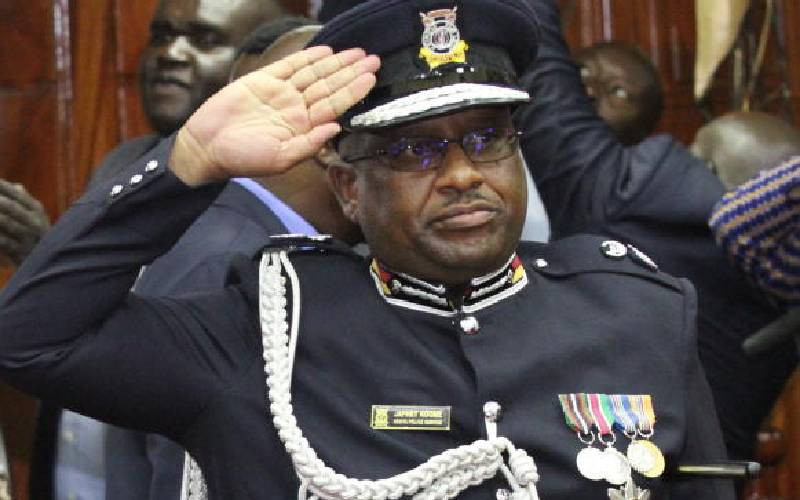×
The Standard e-Paper
Kenya’s Boldest Voice

Questions around police conduct during contentious political situations have divided Kenyans deep down the middle.
We've all gone down the rabbit hole trying to imagine why some senior officials would politicise law enforcement - and within us, there's no unanimity on what's right or wrong.